News
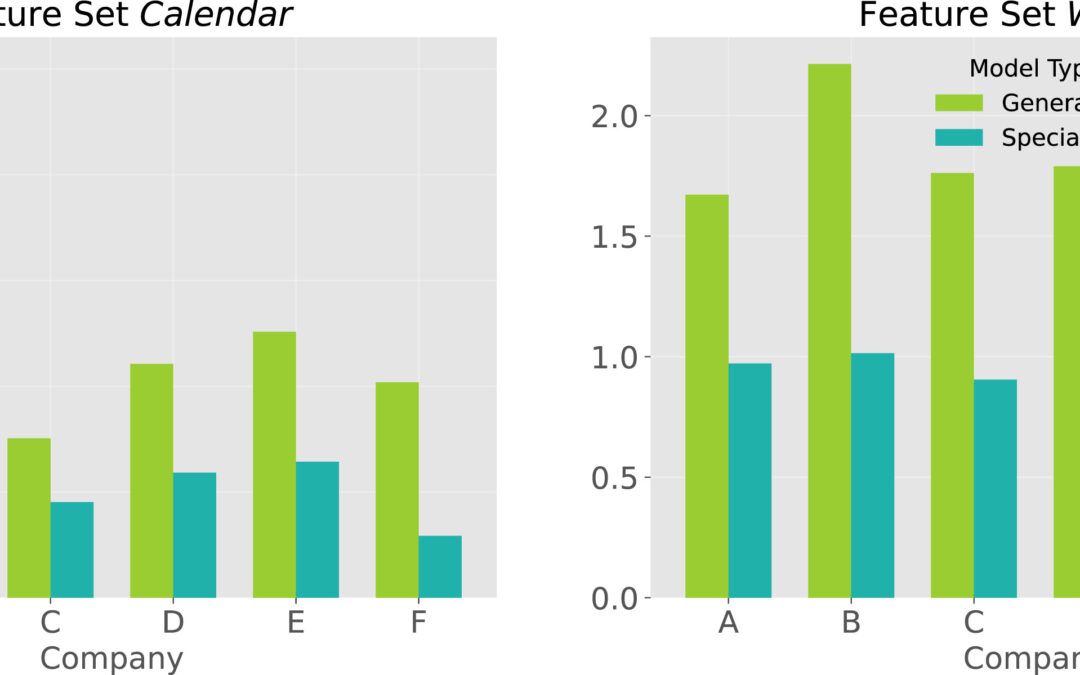
New Paper: Forecasting seasonally fluctuating sales of perishable products in the horticultural industry
Our latest paper on horticultural demand forecasting has been published in Expert Systems with Applications: “Forecasting seasonally fluctuating sales of perishable products in the horticultural industry”. Accurately forecasting demand is a potential competitive advantage, especially in the context of perishable products such as in the horticultural industry, where the disposal of unsold items results in environmental and financial damage. Despite challenging operational decisions to avoid out-of-stock and overstock situations, horticultural businesses have received limited attention in forecasting research. In addition, horticultural sales are typically highly seasonal. Sudden changes in both directions, rising and falling, characterize horticultural sales cycles.In our study, we explore the research questions of the applicability of general versus dataset-specific predictors, the impact of external information, and online model update schemes. Using a diverse set of real-world horticultural data, we applied three classical and twelve machine learning-based forecasting approaches.💡 Key Findings:Multivariate machine learning models dominate: Our results show the superiority of multivariate machine learning methods over classical forecasting approaches, with the ensemble learner XGBoost emerging as a standout performer.External factors play a critical role: The inclusion of statistical, calendrical, and weather-related features in the feature set is critical for robust performance.Firm-specific predictors outperform general cross-firm models: We find that a generalized model, which would be advantageous in terms of computational resources, maintenance, and transferability to other datasets, falls short in capturing the heterogeneity of horticultural data, highlighting the need for firm-specific predictors.Impact of frequent model updates is negligible: Surprisingly, frequent model updates have a negligible impact on forecast quality, allowing long-term forecasting without significant performance degradation.
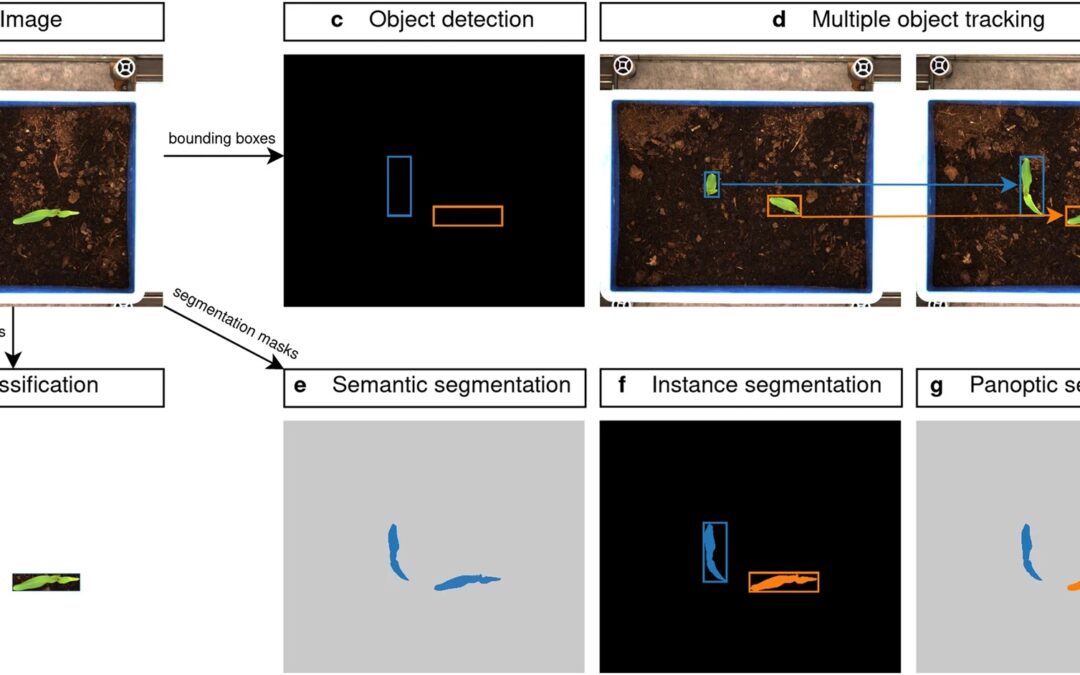
New Paper: Manually annotated and curated Dataset of diverse Weed Species in Maize and Sorghum for Computer Vision
New paper about an impressive manually annotated and curated dataset of diverse weed species in maize and sorghum for computer vision. Here we present a dataset, the Moving Fields Weed Dataset (MFWD), which captures the growth of 28 weed species commonly found in sorghum and maize fields in Germany. A total of 94,321 images were acquired in a fully automated, high-throughput phenotyping facility to track over 5,000 individual plants at high spatial and temporal resolution. A rich set of manually curated ground truth information is also provided, which can be used not only for plant species classification, object detection and instance segmentation tasks, but also for multiple object tracking.

New Paper: Superior Protein Thermophilicity Prediction With Protein Language Model Embeddings
New paper about a Protein Language model-based Thermophilicity predictor (ProLaTherm). ProLaTherm significantly outperforms all feature-, sequence- and literature-based comparison partners on multiple evaluation metrics.
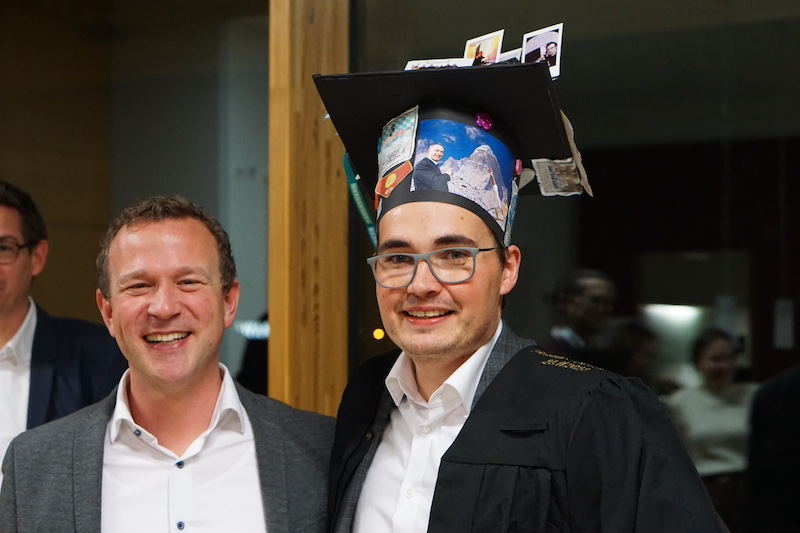
Florian successfully defended his PhD
The first Grimm lab member successfully defended his PhD. Congratulations Dr. Florian Haselbeck for this great achievment!
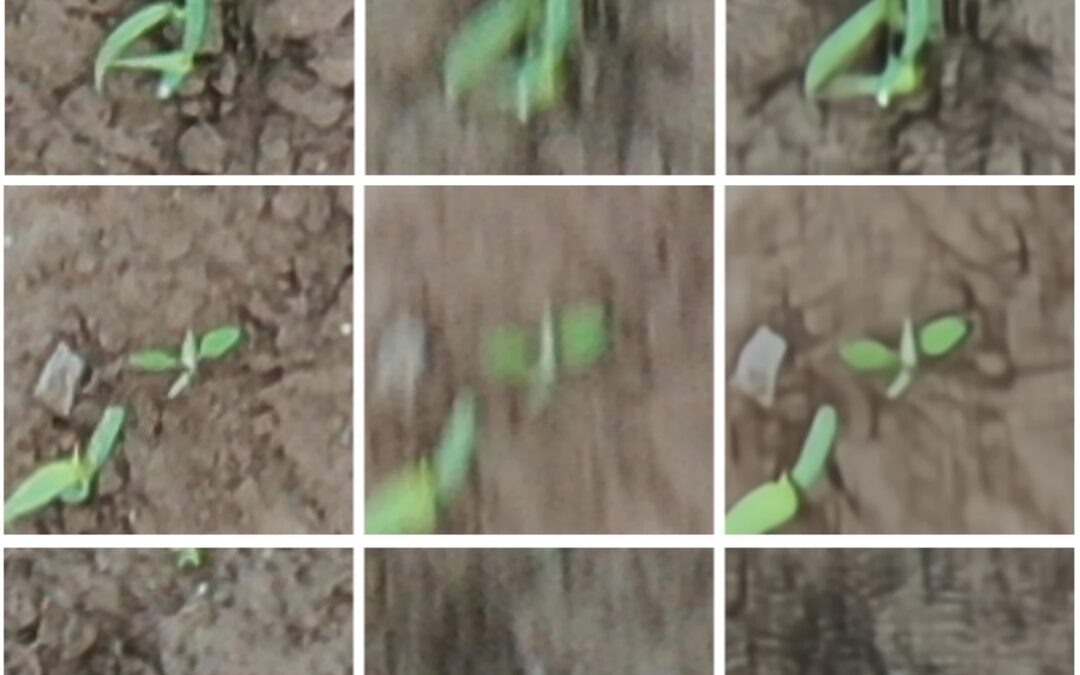
New Paper: Improved Weed Segmentation in UAV Imagery of Sorghum Fields with a Combined Deblurring Segmentation Model
New paper about a combined deblurring and segmentation model for weed and crop segmentation in motion blurred images. Our combined deblurring and segmentation model DeBlurWeedSeg is able to accurately segment weeds from sorghum and background, in both sharp as well as motion blurred drone captures. This has high practical implications, as lower error rates in weed and crop segmentation could lead to better weed control, e.g. when using robots for mechanical weed removal.

Sofia joins the Team as Research Assistant
Sofia joins the team as research assistant. She will work on novel machine learning methods for synthetic protein design and the in silico evaluation of generated artificial sequences.
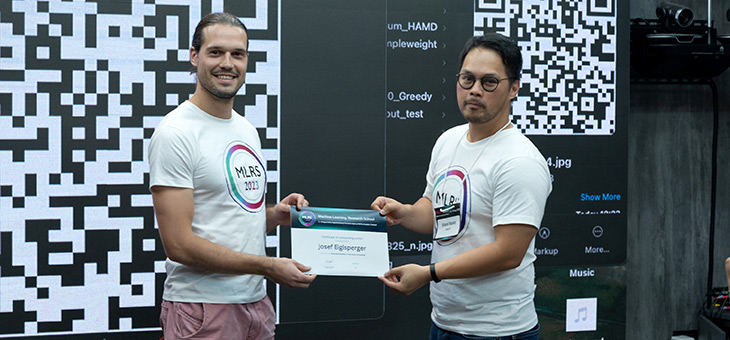
Machine Learning Research School in Bangkok: Poster Award für Josef Eiglsperger
Award for Josef Eiglsperger: The doctoral student at the Professorship of Bioinformatics (Prof. Dominik Grimm) at Weihenstephan-Triesdorf University of Applied Sciences (HSWT) at TUM Campus Straubing (TUMCS) received the “Outstanding Poster Award” for his poster and presentation at the Machine Learning Research School (MLRS) in Bangkok. The Research Summer School ran from 02.08. to 09.08.2023 and took place at the Digital Economy Promotion Agency.

First EIC Transition Funding for TUM
We are delighted to have received funding from the European Innovation Council (EIC) as part of the EIC Transition programme to work with colleagues at the Technical University of Munich (TUM) to develop a new technology that will make it quicker, easier and more accurate to apply fertiliser in the field. Using a combination of biosensor test strips and satellite-based remote sensing data, the Technical University of Munich (TUM) is developing a method to determine the nutritional status of cereals and the perfect amount of fertiliser to apply. The automatic provision of digital analysis data to the tractor terminal should save time and prevent over-fertilisation in the future. The Straubing Campus for Sustainability plays a leading role within the TUM in the development of environmentally friendly technologies. The GrimmLab will be responsible for the development of the machine learning related parts for fertilizer recommendations.
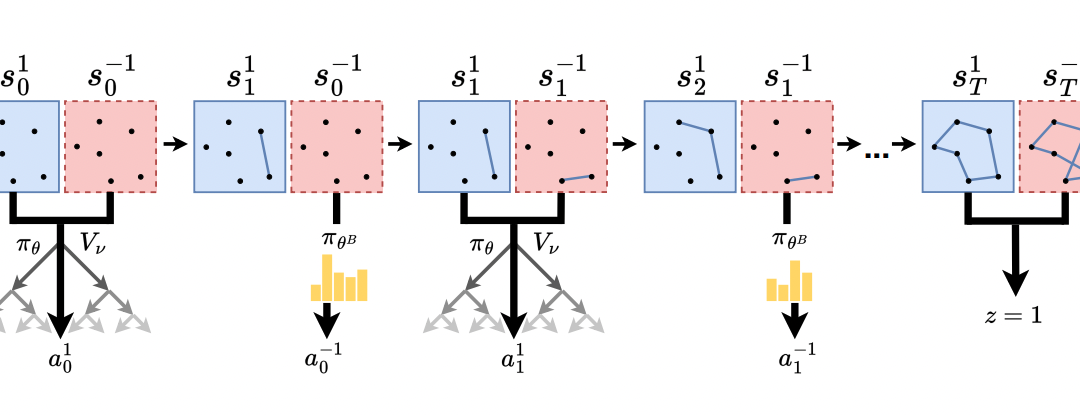
New Paper: Policy-Based Self-Competition for Planning Problems
New paper at International Conference on Learning Representation (ICLR): “Policy-Based Self-Competition for Planning Problems”. AlphaZero-type algorithms may stop improving on single-player tasks in case the value network guiding the tree search is unable to approximate the outcome of an episode sufficiently well. One technique to address this problem is transforming the single-player task through self-competition. The main idea is to compute a scalar baseline from the agent’s historical performances and to reshape an episode’s reward into a binary output, indicating whether the baseline has been exceeded or not. However, this baseline only carries limited information for the agent about strategies how to improve. We leverage the idea of self-competition and directly incorporate a historical policy into the planning process instead of its scalar performance. Based on the recently introduced Gumbel AlphaZero (GAZ), we propose our algorithm GAZ ‘Play-to-Plan’ (GAZ PTP), in which the agent learns to find strong trajectories by planning against possible strategies of its past self. We show the effectiveness of our approach in two well-known combinatorial optimization problems, the Traveling Salesman Problem and the Job-Shop Scheduling Problem. With only half of the simulation budget for search, GAZ PTP consistently outperforms all selected single-player variants of GAZ.

New Paper: ForeTiS – a comprehensive time series forecasting framework in Python
New paper in Machine Learning with Applications: “ForeTiS: A comprehensive time series forecasting framework in Python”. Time series forecasting is a research area with applications in various domains, nevertheless without yielding a predominant method so far. We present ForeTiS, a comprehensive and open source Python framework that allows rigorous training, comparison, and analysis of state-of-the-art time series forecasting approaches. Our framework includes fully automated yet configurable data preprocessing and feature engineering. In addition, we use advanced Bayesian optimization for automatic hyperparameter search. ForeTiS is easy to use, even for non-programmers, requiring only a single line of code to apply state-of-the-art time series forecasting. Various prediction models, ranging from classical forecasting approaches to machine learning techniques and deep learning architectures, are already integrated. More importantly, as a key benefit for researchers aiming to develop new forecasting models, ForeTiS is designed to allow for rapid integration and fair benchmarking in a reliable framework. Thus, we provide a powerful framework for both end users and forecasting experts.

